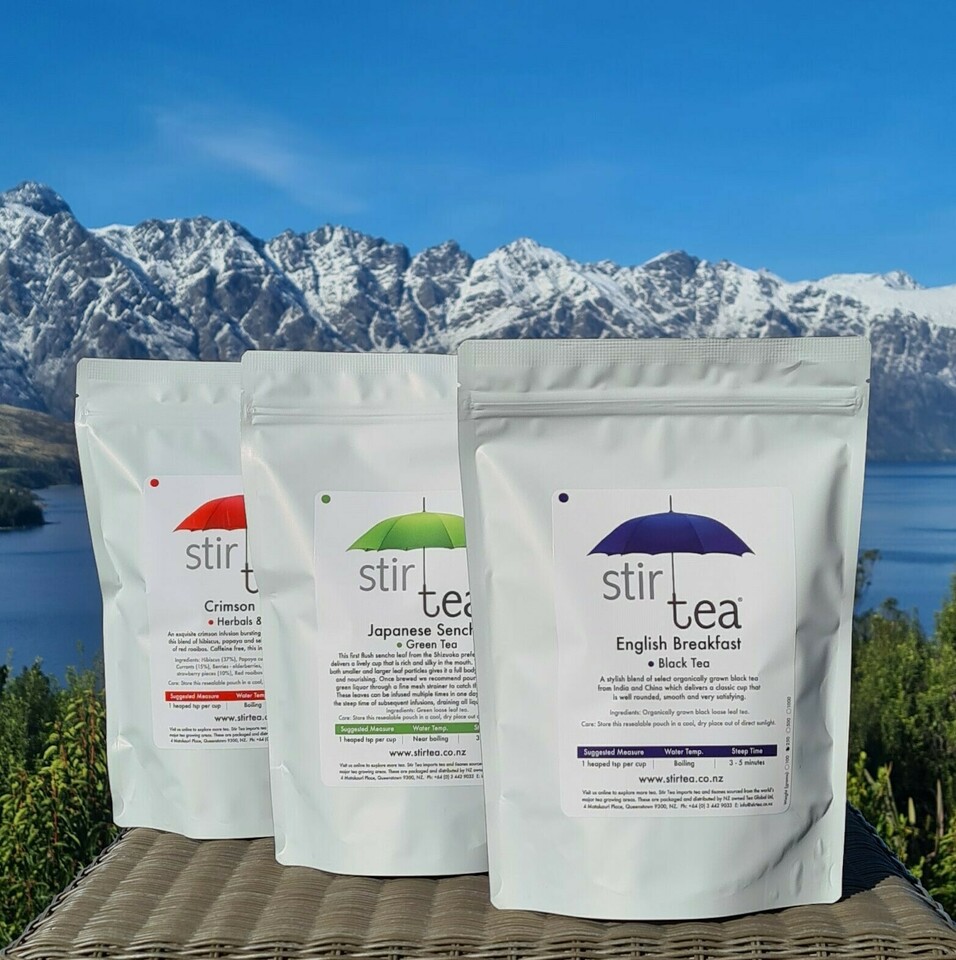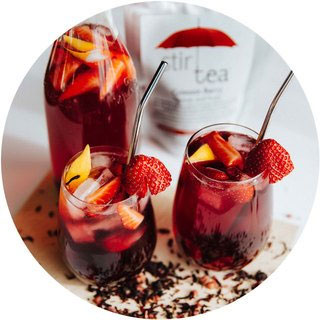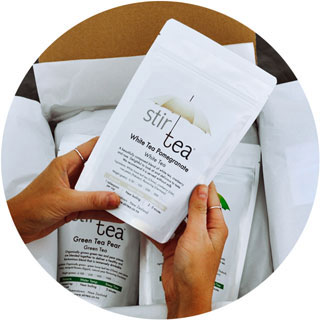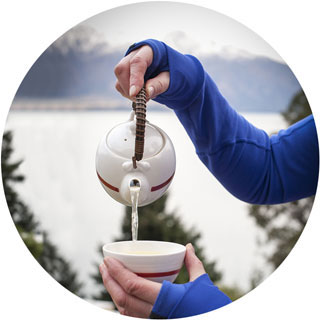Tea, like fruit and vegetables is a natural source of polyphenols and flavonoids. With growing interest in plant based diets we consider how your cup of tea might interact with the level of iron you can absorb from food you are eating and simple changes you can make to alleviate any concerns.
Can Drinking Tea Affect My Iron Absorption?
Iron deficiency anemia is a condition caused by the body being unable to absorb enough iron from food, not ingesting enough iron or having chronic blood loss. Only a blood test can confirm an iron deficiency, though common symptoms include tiredness and headaches. Over the years, studies have been undertaken to assess the affect tea drinking has on the body's ability to absorb iron. Some studies have shown there are links between excessive tea drinking or drinking tea during meal times and iron absorption rates. Other studies have shown there are no links at all. https://www.nature.com/articles/1602634
We have an in-depth article Tea and Iron Absorption which explores this topic and which we suggest reading if you would like to learn more.
To understand why these links have been suggested, we need to look at the different types of iron, as well as how the body works to absorb iron from food and drinks.
Understanding the Two Different Types of Iron in Food
There are two different types of iron in food: haem and non-haem. Haem iron is present in meat, while non-haem iron comes from plant based foods. The amount of iron present varies depending on the food itself. Examples of high iron based foods include lean red meat, citrus fruits, beans and lentils. A person usually absorbs only around 10% of the iron they consume, but depending on the level of iron they have in their blood, can raise this to 25-35%.
In our bodies, iron is present within the haemoglobin in our blood, as well as in a small amount in our tissues. It is this iron than helps make new haemoglobin blood cells, and these cells that carry oxygenated blood around our bodies. If a person is low in iron, not as much new haemoglobin is made, resulting in less oxygenated blood in our bodies; hence the tiredness and headaches.
Relax: You Can Continue to Enjoy Drinking Tea
The good news is, you can continue drinking tea without any worries. If you eat a well balanced diet and have good iron stores (which most of us do), tea does not influence iron status. In today's popularity of plant based diets, many people consume little or no meat which can restrict the amount of iron your body consumes and absorbs. However, if you consume plenty of non-haem foods which are high in iron, this can be combated. It's also important to note that your non-haem iron absorption levels can be affected by drinking tea. This means if you eat a heavily plant based diet, time your tea drinking to an hour before meals, rather than with a meal.
As mentioned earlier, please read the article Tea and Iron Absorption here on our website for more in-depth information.
Posted: Tuesday 31 August 2021







